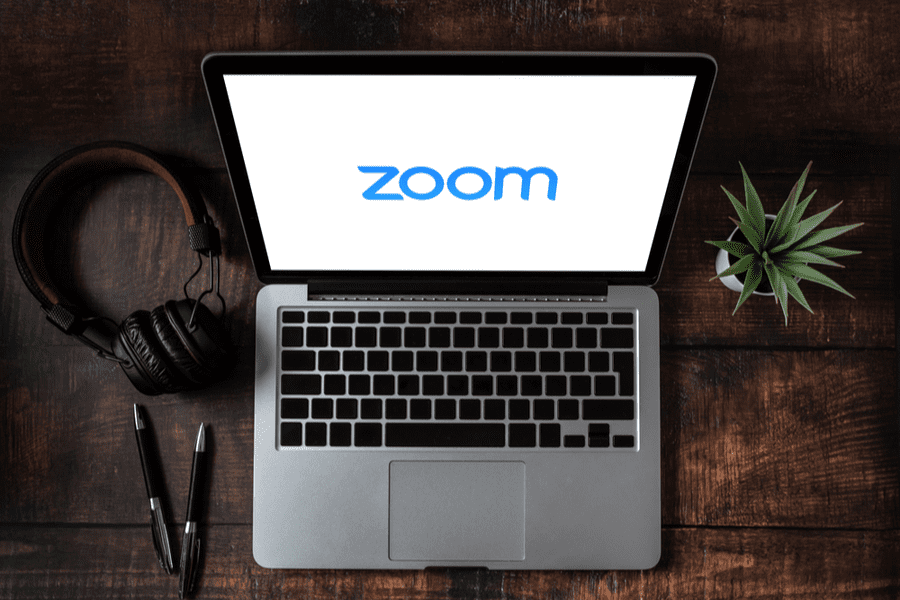Researchers update studies of killer cells, celiac disease screening and a more precise way to measure intestinal damage  By Amy Ratner, Director of Scientific Affairs
By Amy Ratner, Director of Scientific Affairs
Three celiac disease researchers who have received grants from Beyond Celiac to fund their studies recently recorded video updates on their work.
Paul Klenerman, PhD, a professor of gastroenterology at the University of Oxford, Oxford, England, received the Beyond Celiac Established Investigator Award. He is studying killer t-cells that cause the actual tissue damage in celiac disease. An immunologist who has done extensive work in Hepatitis C and HIV, Klenerman is currently also playing a key role in the search for answers about COVID-19 as part of the COVID-19 Genomics UK Consortium.
Marisa Stahl, MD, an Assistant Professor of Pediatrics at the University of Colorado School of Medicine where she works with the Colorado Center for Celiac Disease, received the Beyond Celiac/SSCD Young Investigator grant. She is working on the Autoimmunity for Kids (ASK) study, a free health screening program open to all Colorado children, from one to 17-years-old, designed to detect celiac disease and type 1 diabetes.
Jocelyn Silvester, MD, director of research of the Celiac Disease Program at Boston Children’s Hospital, is the recipient of the Beyond Celiac Pilot and Feasibility grant. Silvester is investigating the use of RNA sequencing as a more exact way to measure intestinal damage revealed in a biopsy.
Opt-in to stay up-to-date on the latest news.
Yes, I want to advance research No, I'd prefer not to